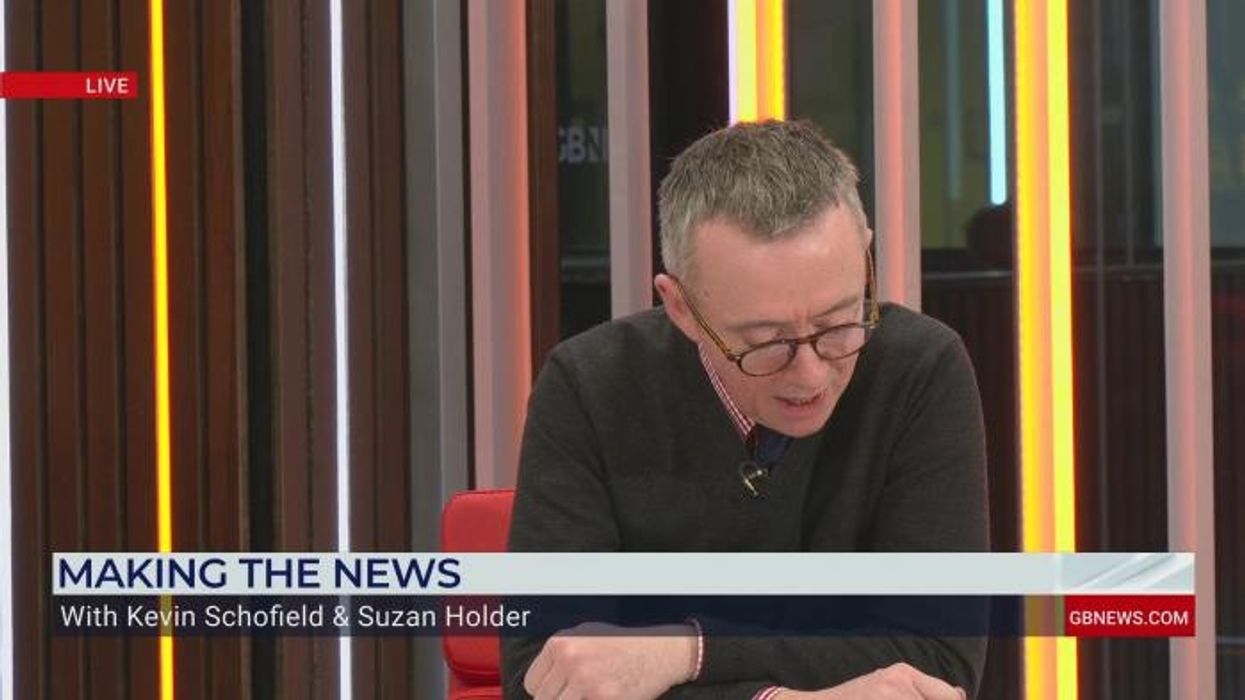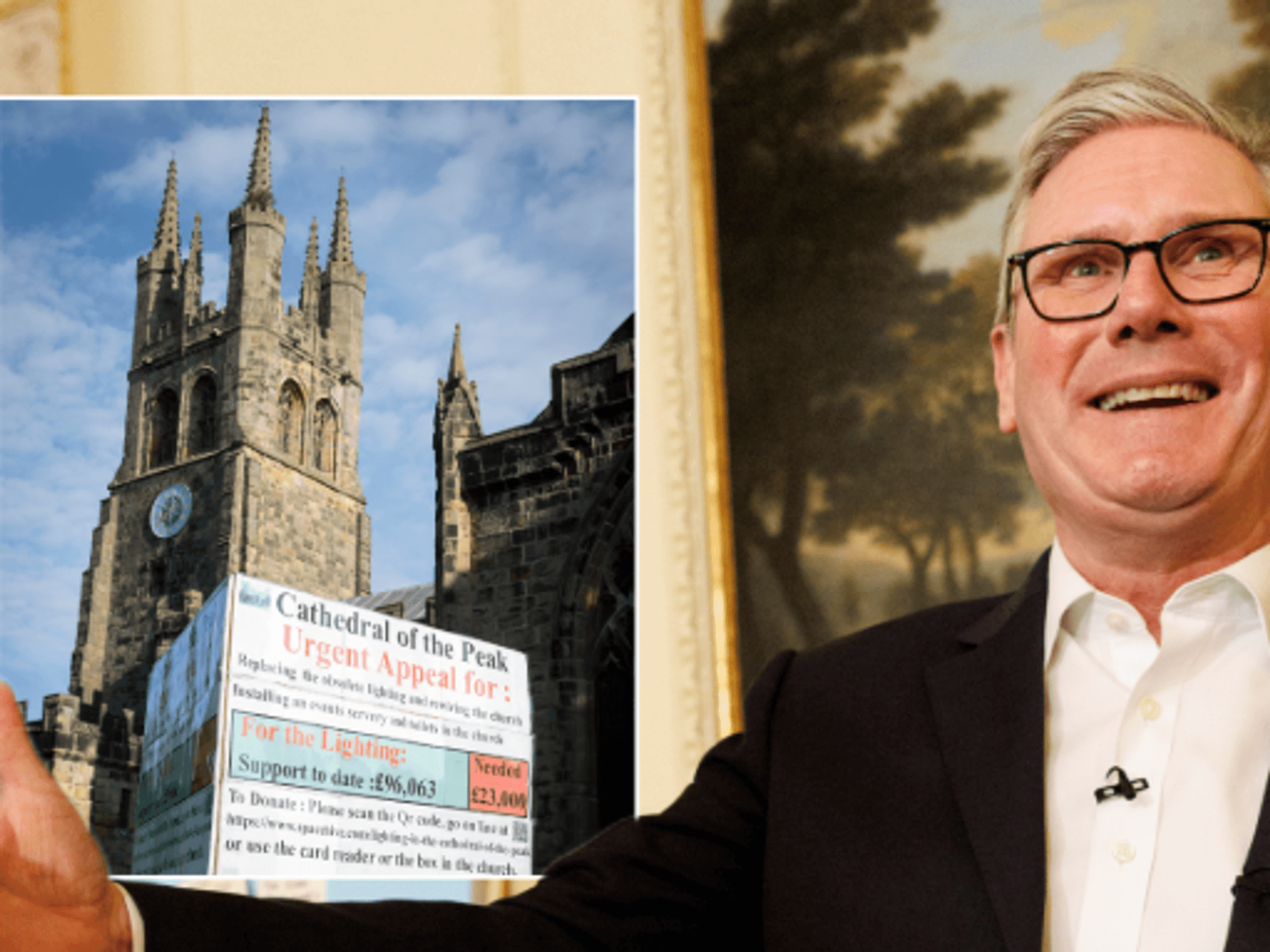DWP benefit and state pension payment dates for June 2025 – plus major Universal Credit change

When will you get paid your benefit and state pension payments from the DWP?
Don't Miss
Most Read
The Department for Work and Pensions (DWP) is set to hand out benefit and pension payments to millions of households across the country for June 2025.
Millions of Universal Credit claimants will also receive their first increased payments this month following the 1.7 per cent rise that came into effect from April 7.
When will benefits be paid in June 2025?
All payments are paid into the bank, building society or credit union account of the claimant’s choice.
While payment dates may be different per individual, those in receipt of support will get paid by a set schedule.
When someone’s payment date falls on either a weekend or bank holiday, they will be paid on the working holiday before.
As there are no bank holidays in the UK in the month of June, payment days should be unaffected.
It should be noted this may be different for those claiming either tax credits or Child Benefit.
How often UK benefits are paid:
- Universal Credit – monthly
- Attendance Allowance – every four weeks
- Carer’s Allowance – weekly in advance or every four weeks
- Child Benefit – every four weeks, or weekly for single parents and some benefit claimants
- Disability Living Allowance (DLA) – every four weeks
- Employment and Support Allowance (ESA) – every two weeks
- Income Support – every two weeks
- Jobseeker’s Allowance (JSA) – every two weeks
- Maternity Allowance – every two or four weeks
- Pension Credit – every four weeks
- Personal Independence Payment (PIP) – every four weeks
- Tax Credits – every four weeks or weekly
If one's payment doesn’t arrive on the expected date, they are encouraged to check your award notice and bank account first. If the date is correct and the payment is missing, they should contact the relevant helpline listed on the official Government website.
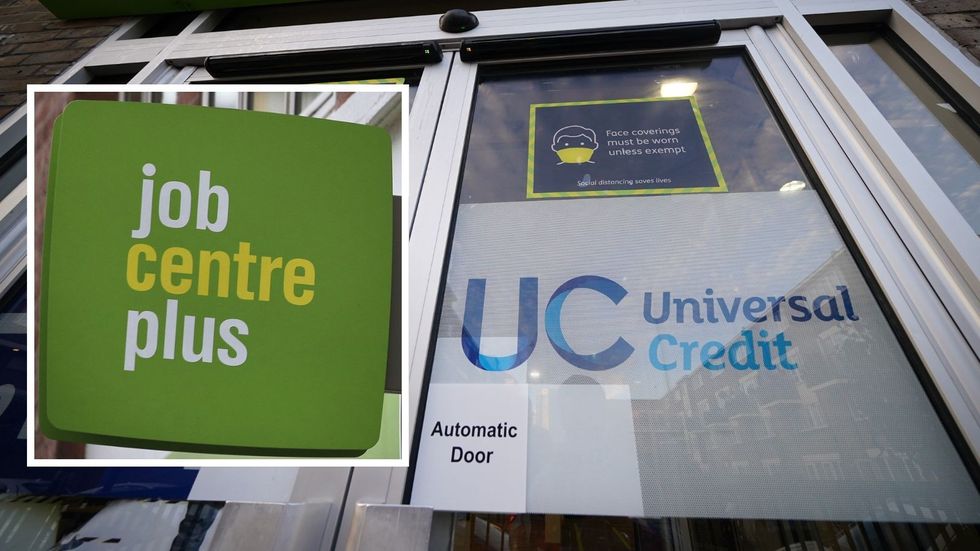
Universal Credit claimants are set to get boost
| PAState pension:
Like other benefits, the basic state pension is paid directly into the recipient’s bank, building society, or credit union account. Payments are made every four weeks, with the specific day of payment based on the final two digits of the individual’s National Insurance (NI) number:
- 00 to 19: Monday
- 20 to 39: Tuesday
- 40 to 59: Wednesday
- 60 to 79: Thursday
- 80 to 99: Friday
There are no bank holidays in June, so state pension payments are expected to be made on schedule throughout the month.
If a payment does not arrive as expected, individuals are advised to check their award notice and bank account.
If the date is correct but the funds are missing, they should contact the relevant helpline listed on DWP website.
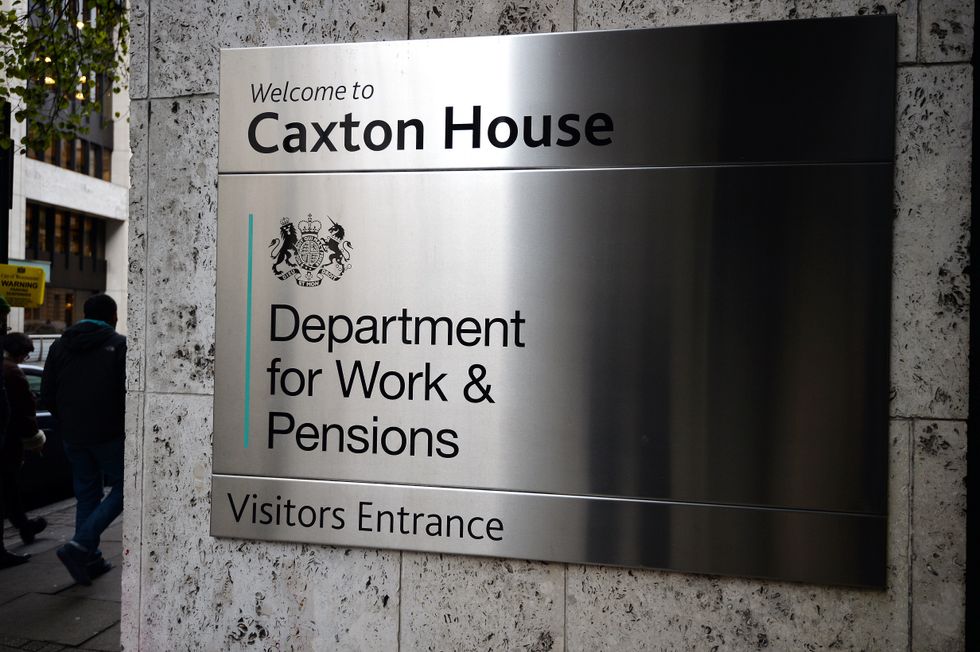
If the date is correct but the funds are missing, they should contact the relevant helpline listed on DWP website
| GETTYUniversal Credit
Millions of Universal Credit claimants are receiving their first increased payments this month following the 1.7 per cent rise that came into effect from April 7.
The annual uprating to benefits means higher payments are now reaching bank accounts across the country.
Due to Universal Credit being paid monthly in arrears, most claimants are only now seeing the increased rates despite the changes taking effect two months ago. The delay stems from how the benefit system calculates payments based on assessment periods.
The higher rates apply only to Universal Credit assessment periods that began on or after April 7. This means claimants whose assessment periods started before that date received their May payments at the old rate, with June marking the first month they receive the increased amount.
Assessment periods are used to calculate Universal Credit payments based on earnings or deductions during that time. Payments are made a week after the last date of each assessment period.
For claimants whose assessment period started on April 7, the first higher payment would have been received from this week.
Some claimants may have received their first increased payment at the end of May, depending on when their individual assessment period began.
The standard allowance forms the basic amount claimants receive before any additional elements are added, such as those for children or inability to work due to illness. This core payment varies based on age and whether someone is claiming as a single person or as part of a couple.
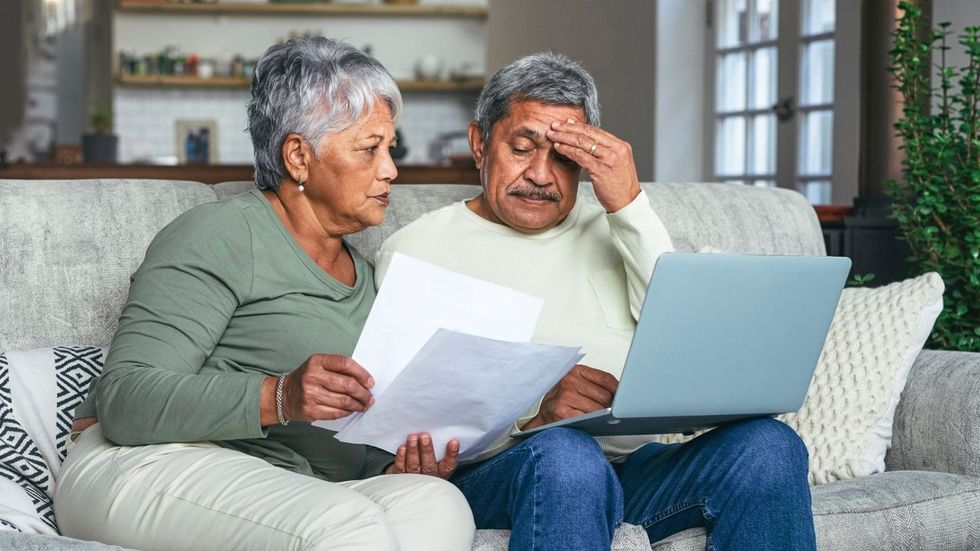
For couples with at least one partner aged 25 or over, the new rate stands at £617.60, up from £607.40.
| GETTYThe new standard allowance rates represent increases across all claimant categories. Single claimants under 25 now receive £311.68 monthly, up from £306.60. Those aged 25 and over see their standard allowance rise to £393.45 from £387.00.
Couples where both partners are under 25 receive £489.23, increased from £481.00. For couples with at least one partner aged 25 or over, the new rate stands at £617.60, up from £607.40.
Universal Credit is gradually replacing six older legacy benefits, including Working Tax Credit, Child Tax Credit, Income Support, Income-based Jobseeker's Allowance, Income-related Employment and Support Allowance, and Housing Benefit.
The Department for Work and Pensions aims to complete the transition by March 2026, with remaining Employment and Support Allowance claimants set to be contacted by September 2025.


